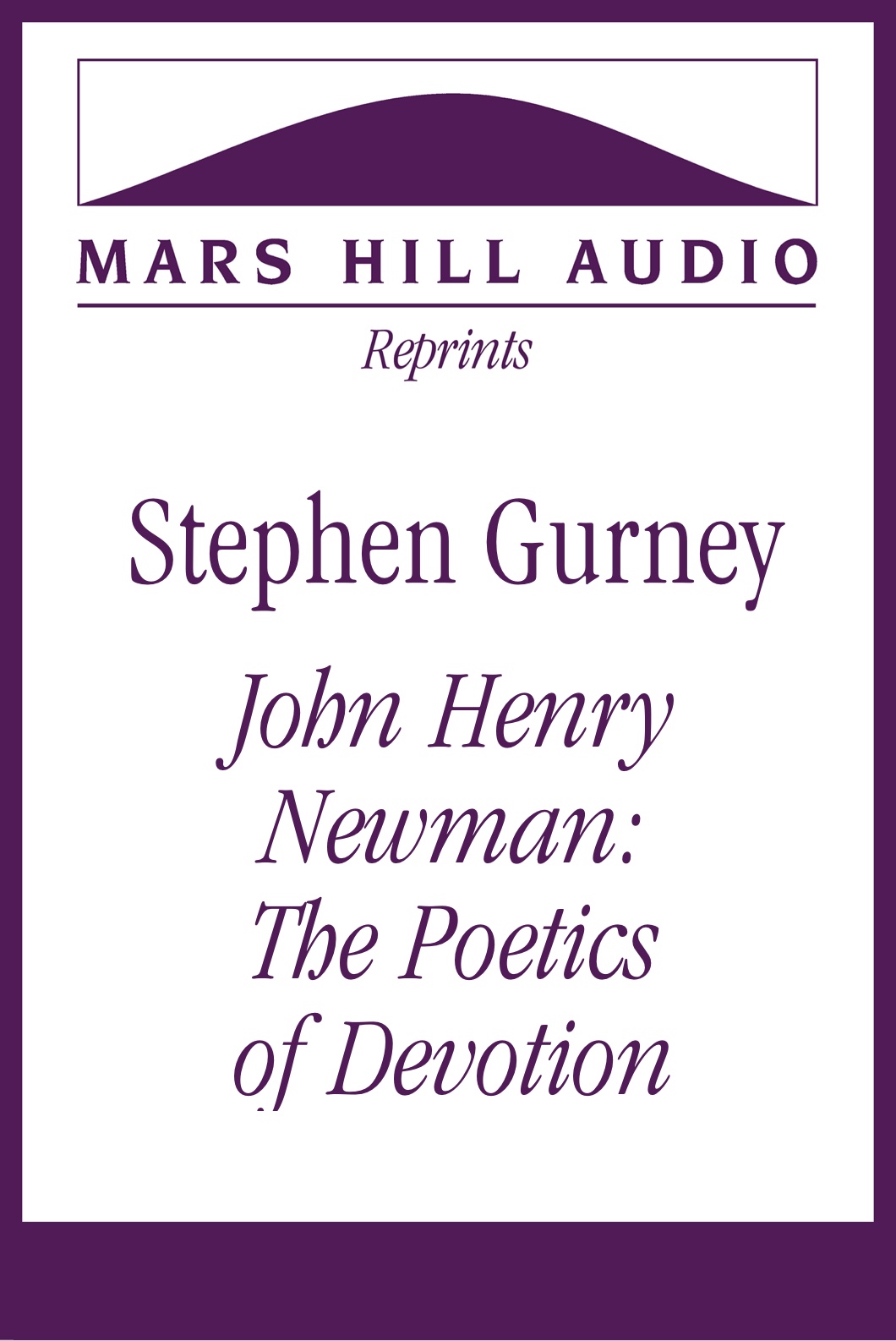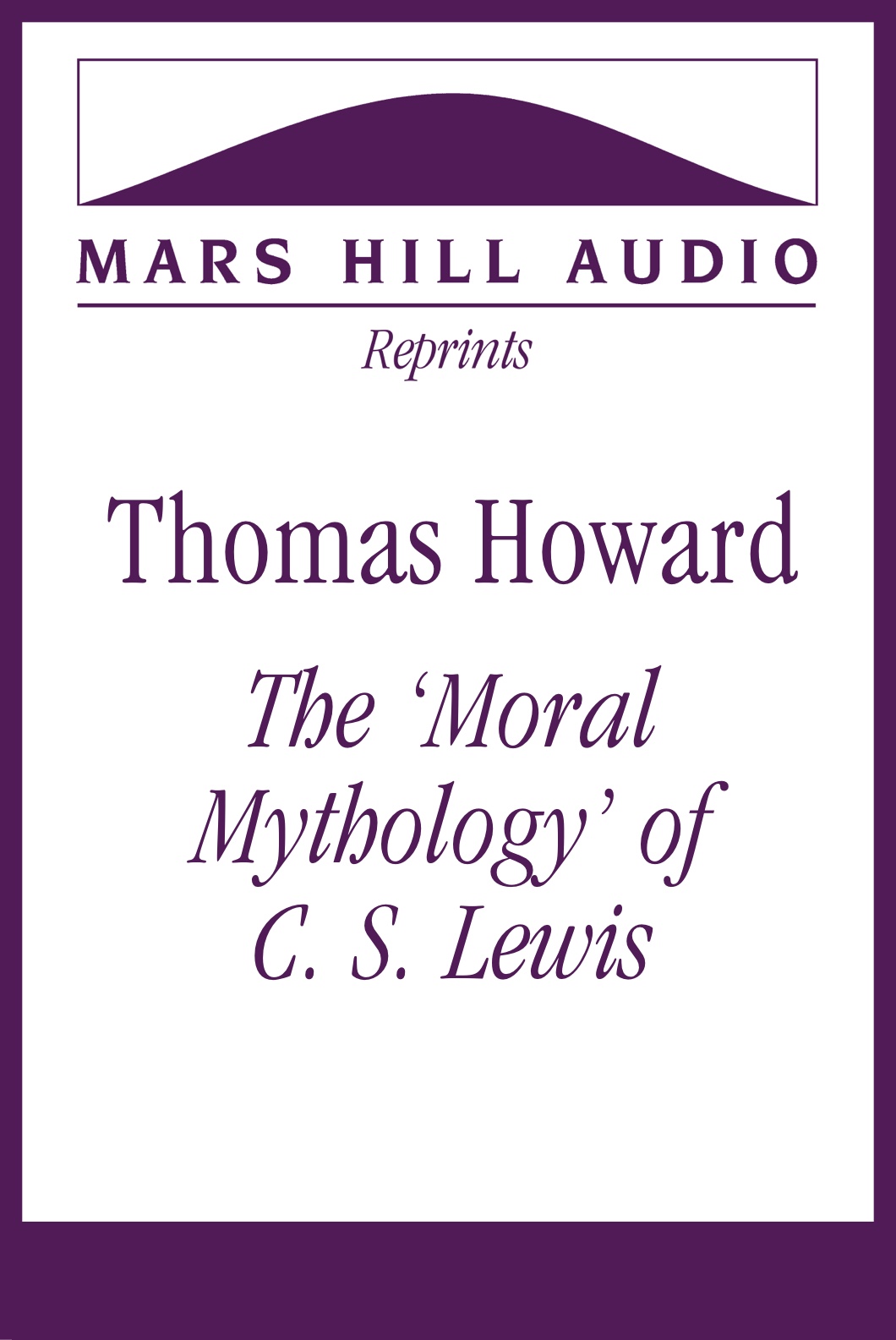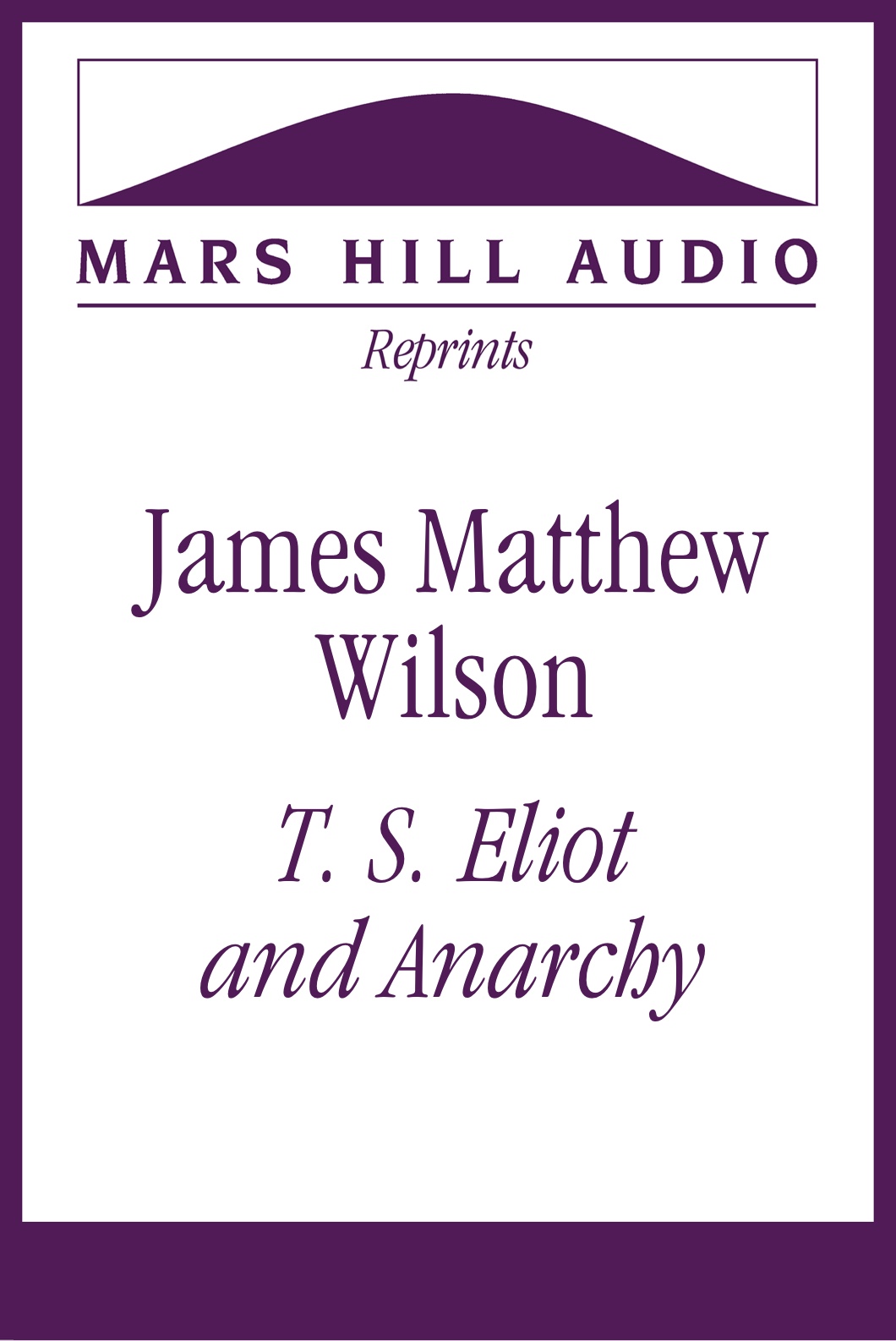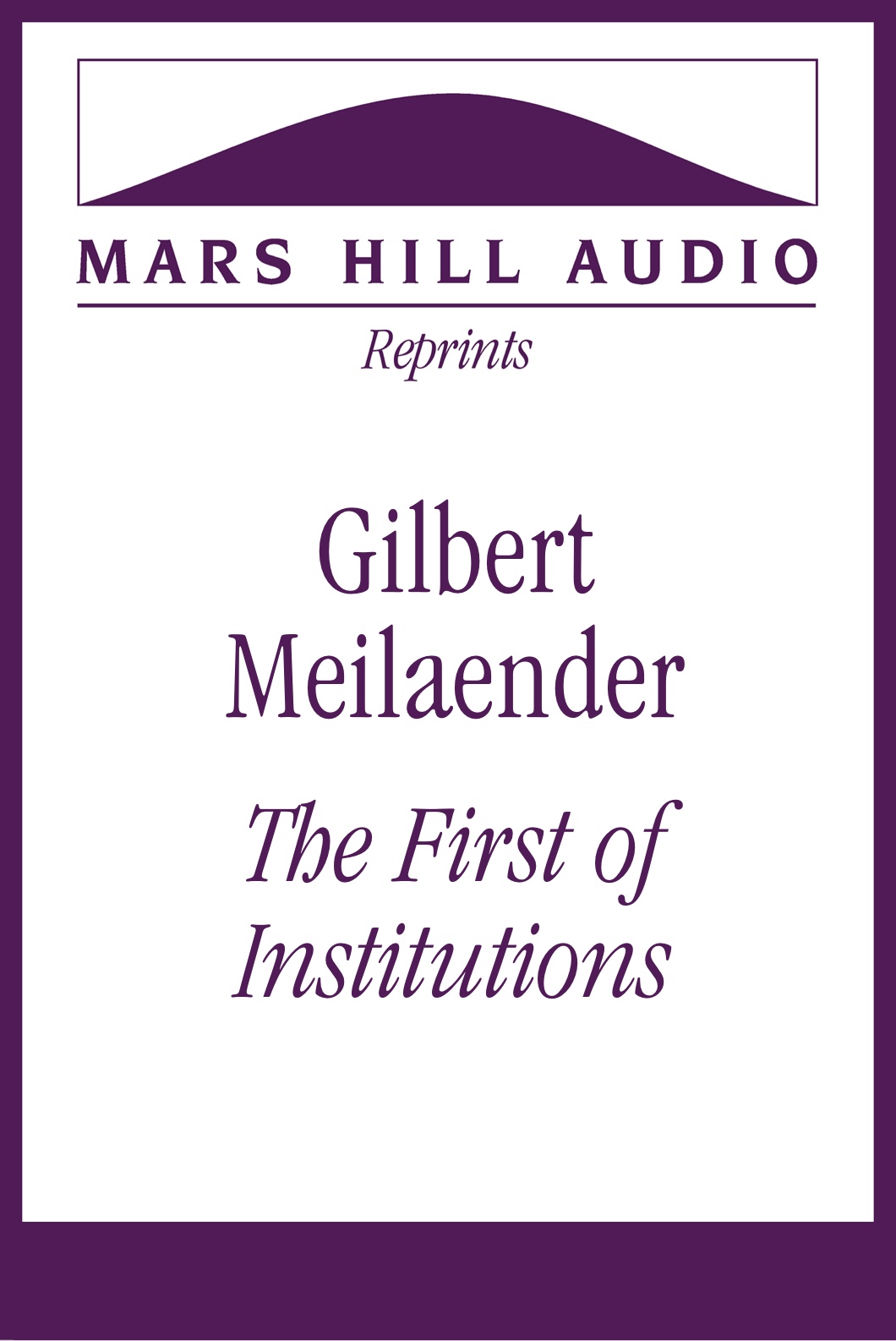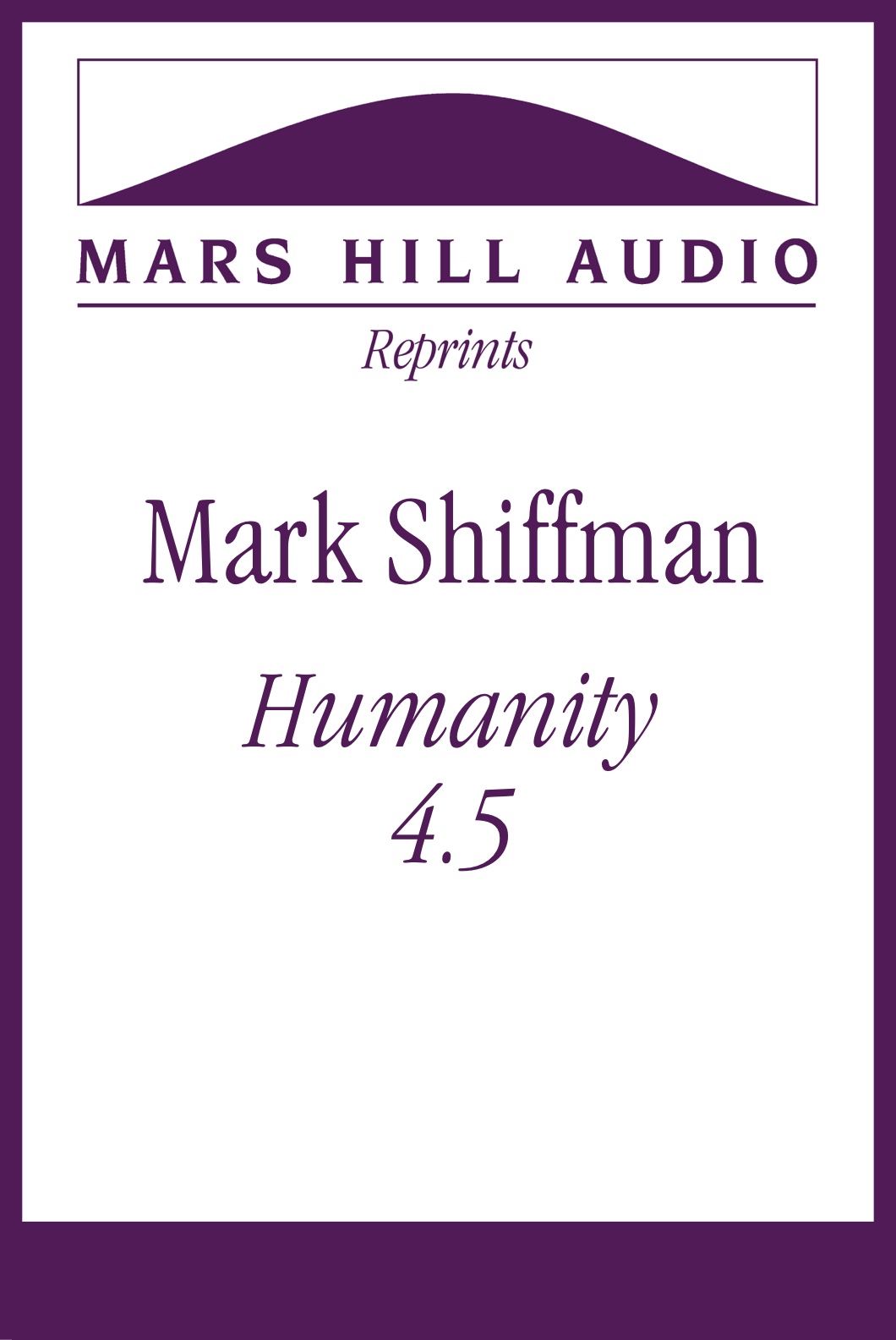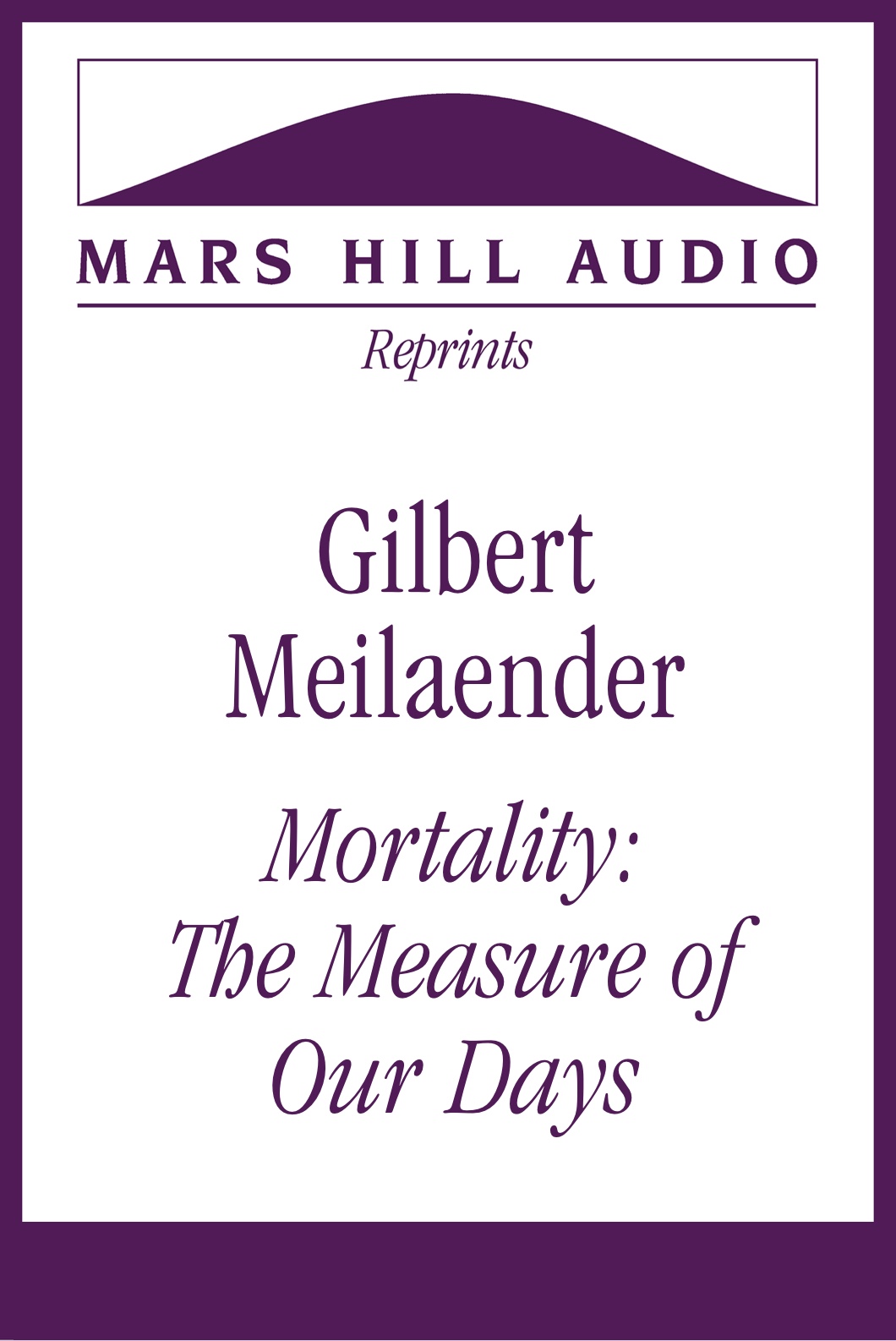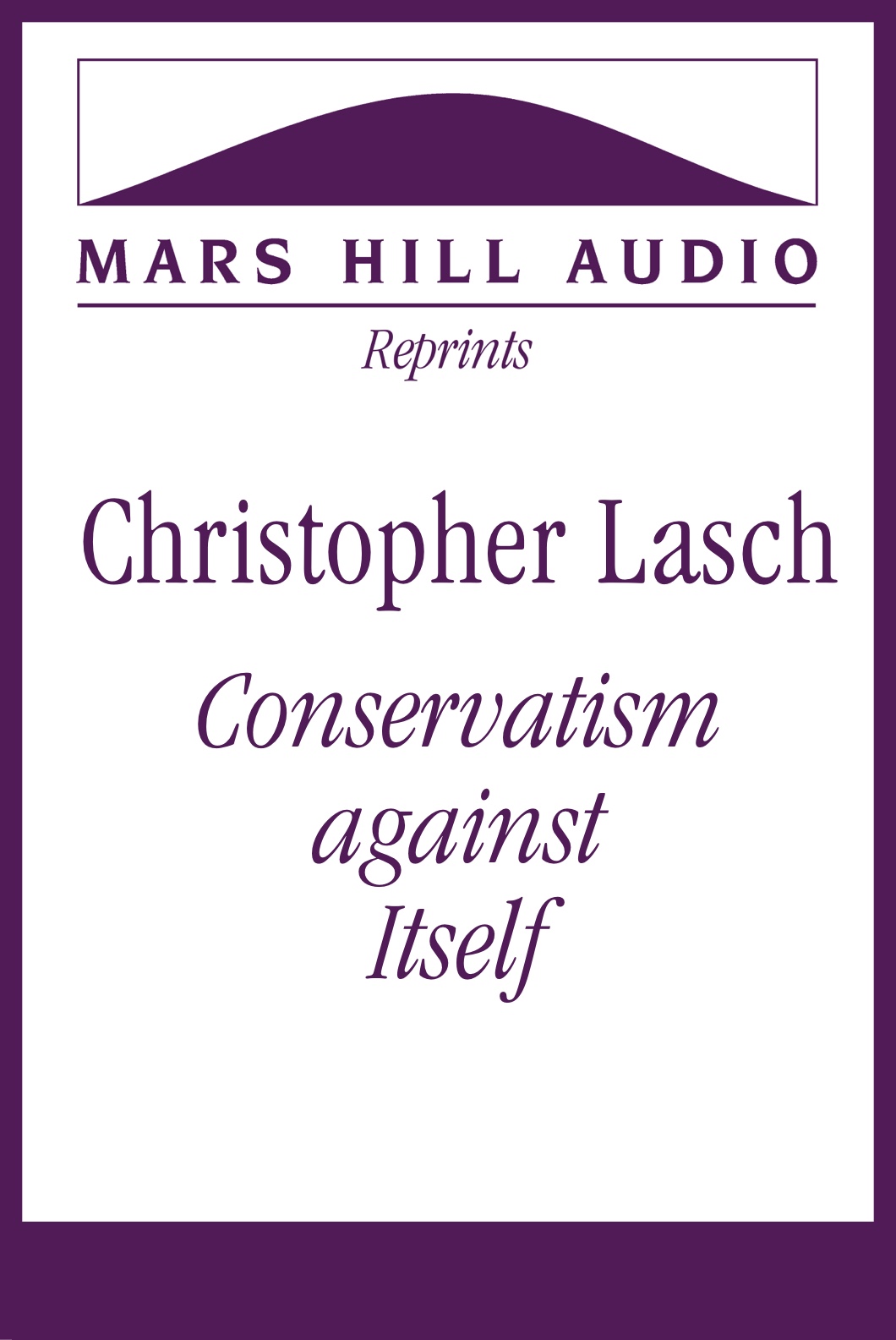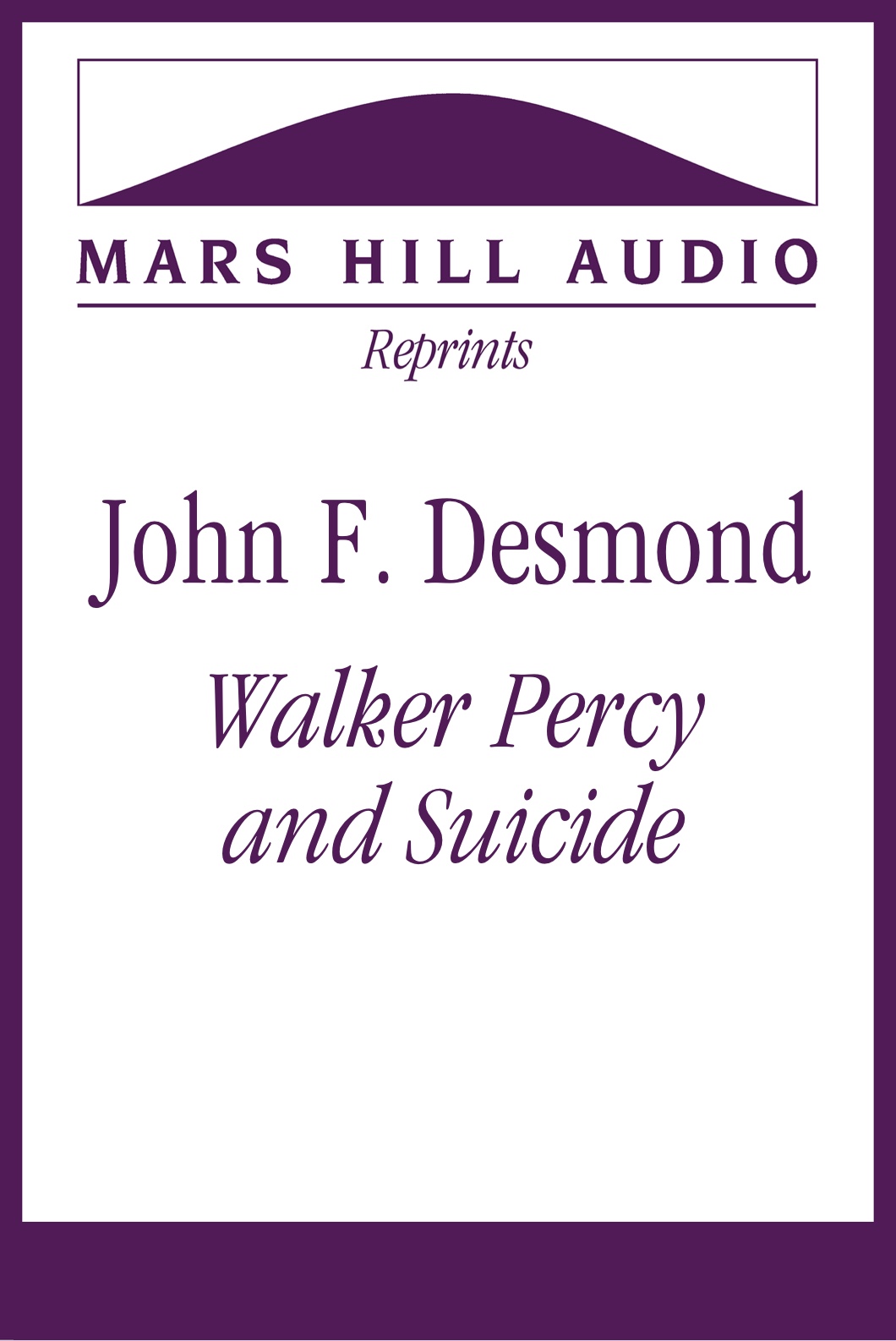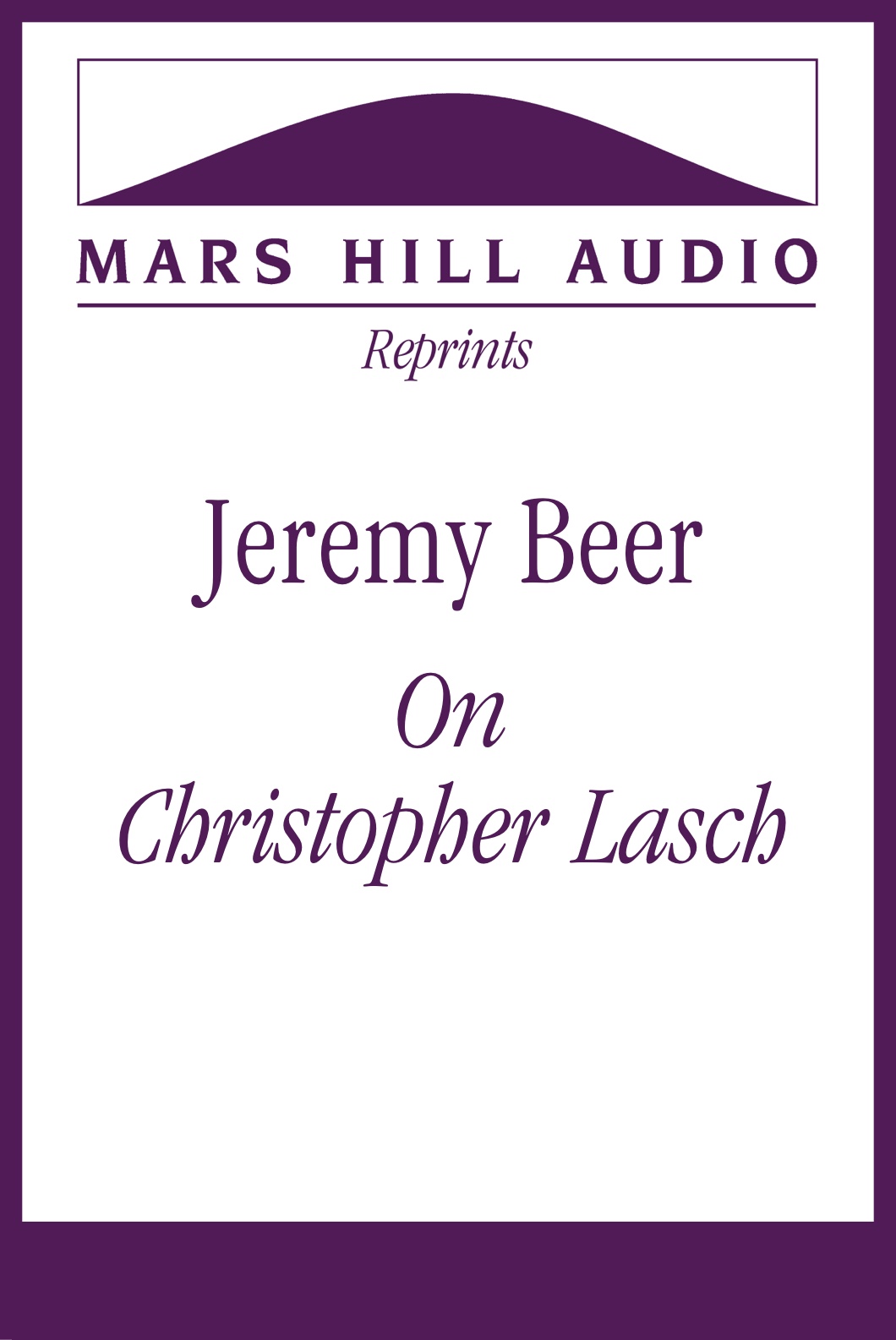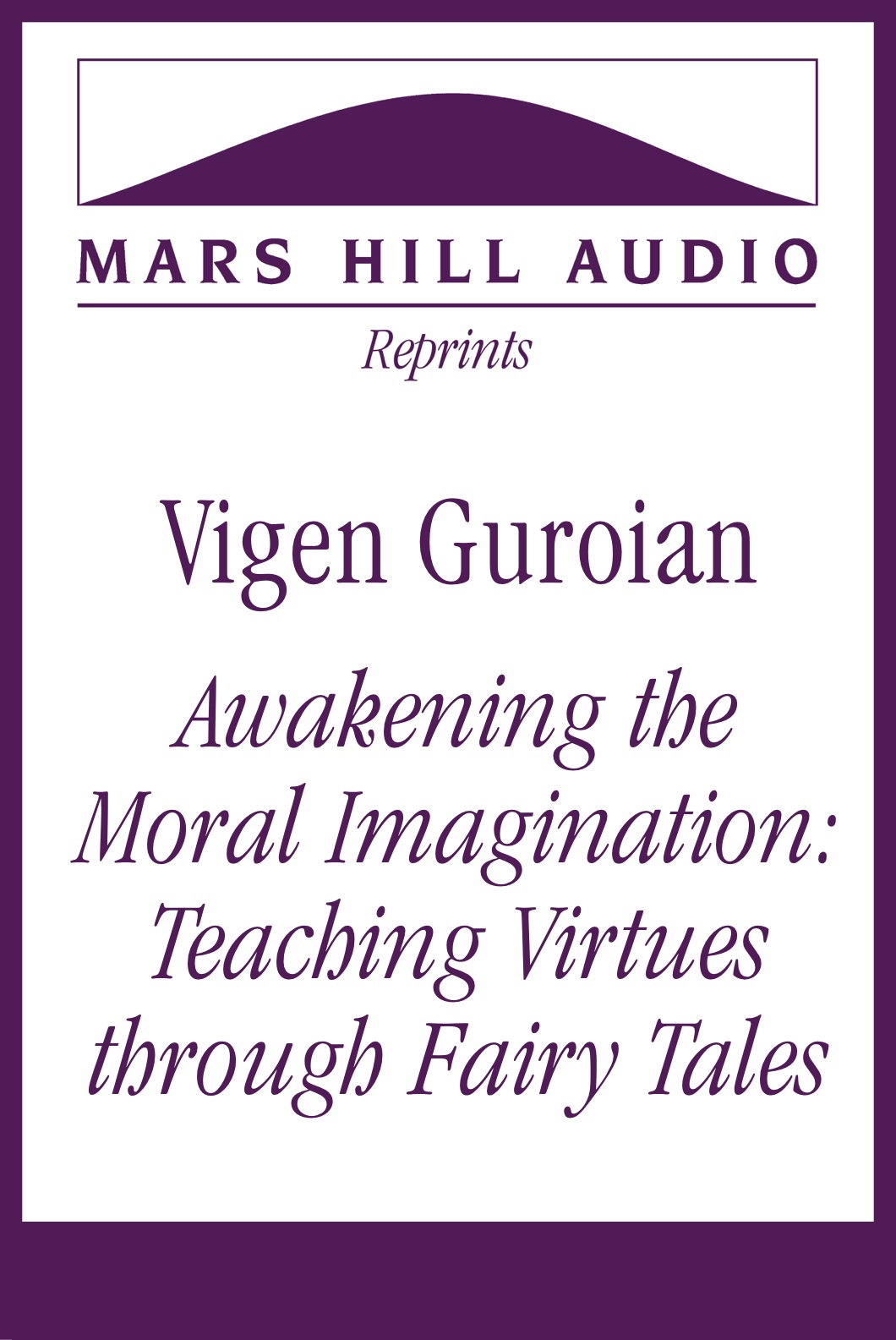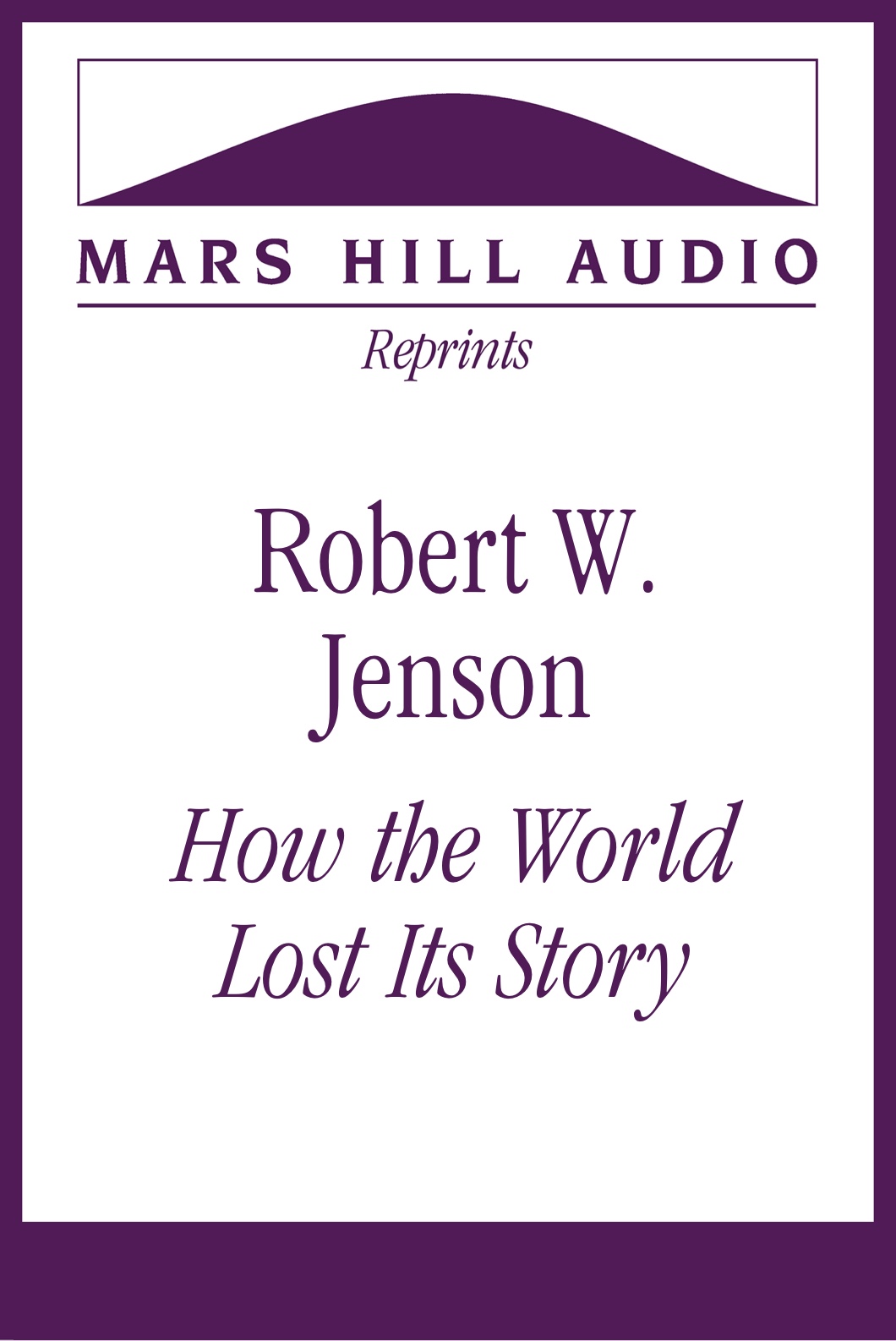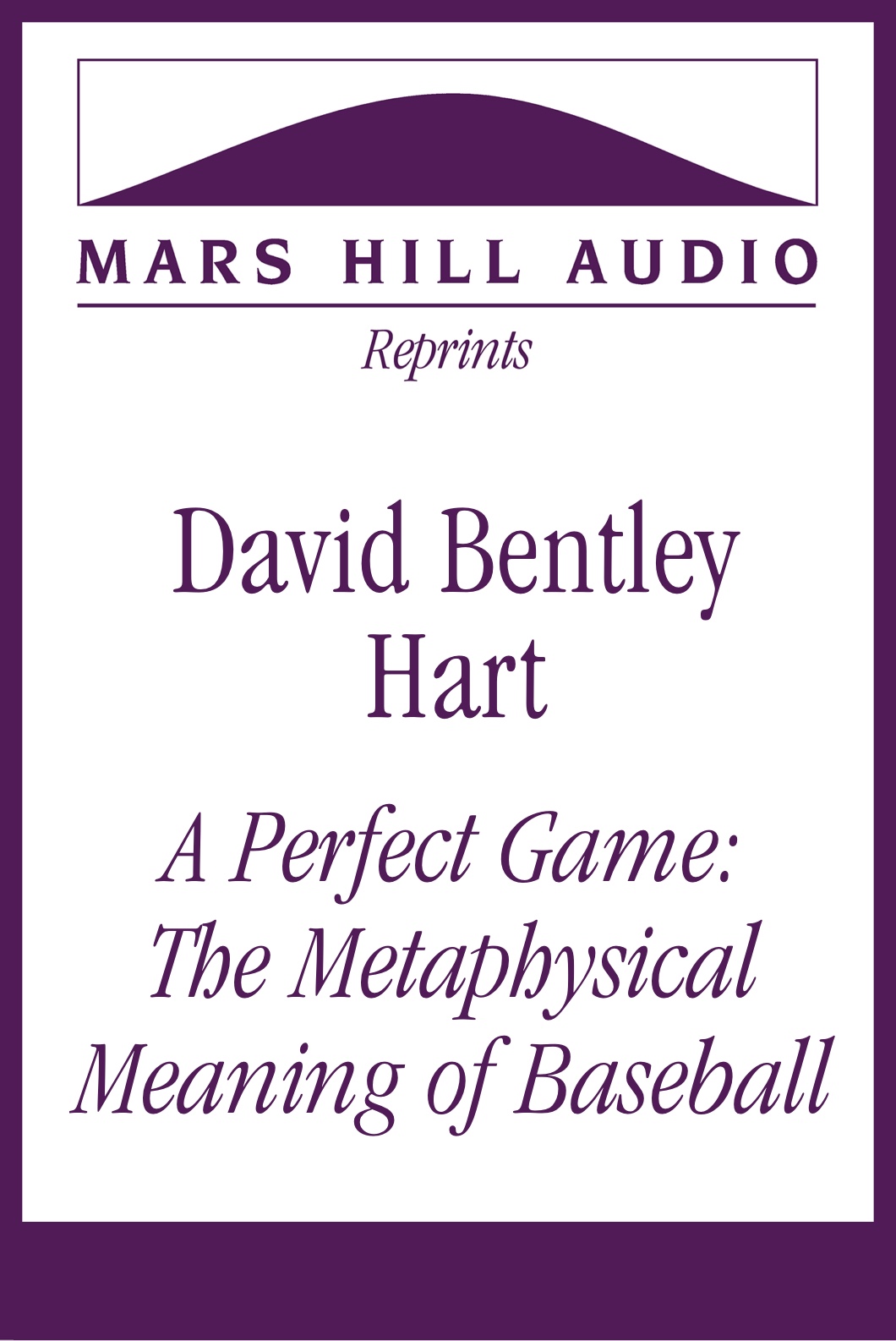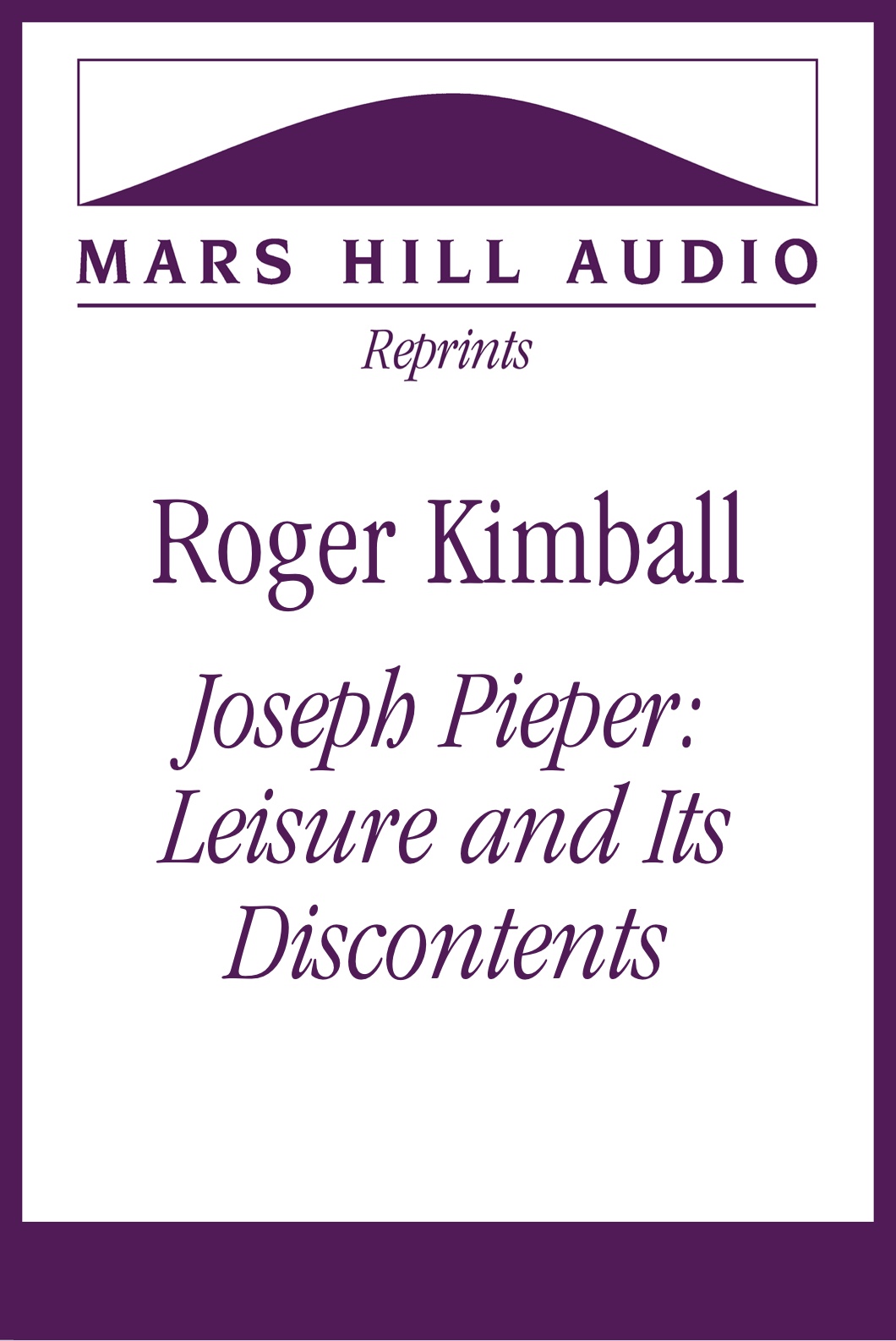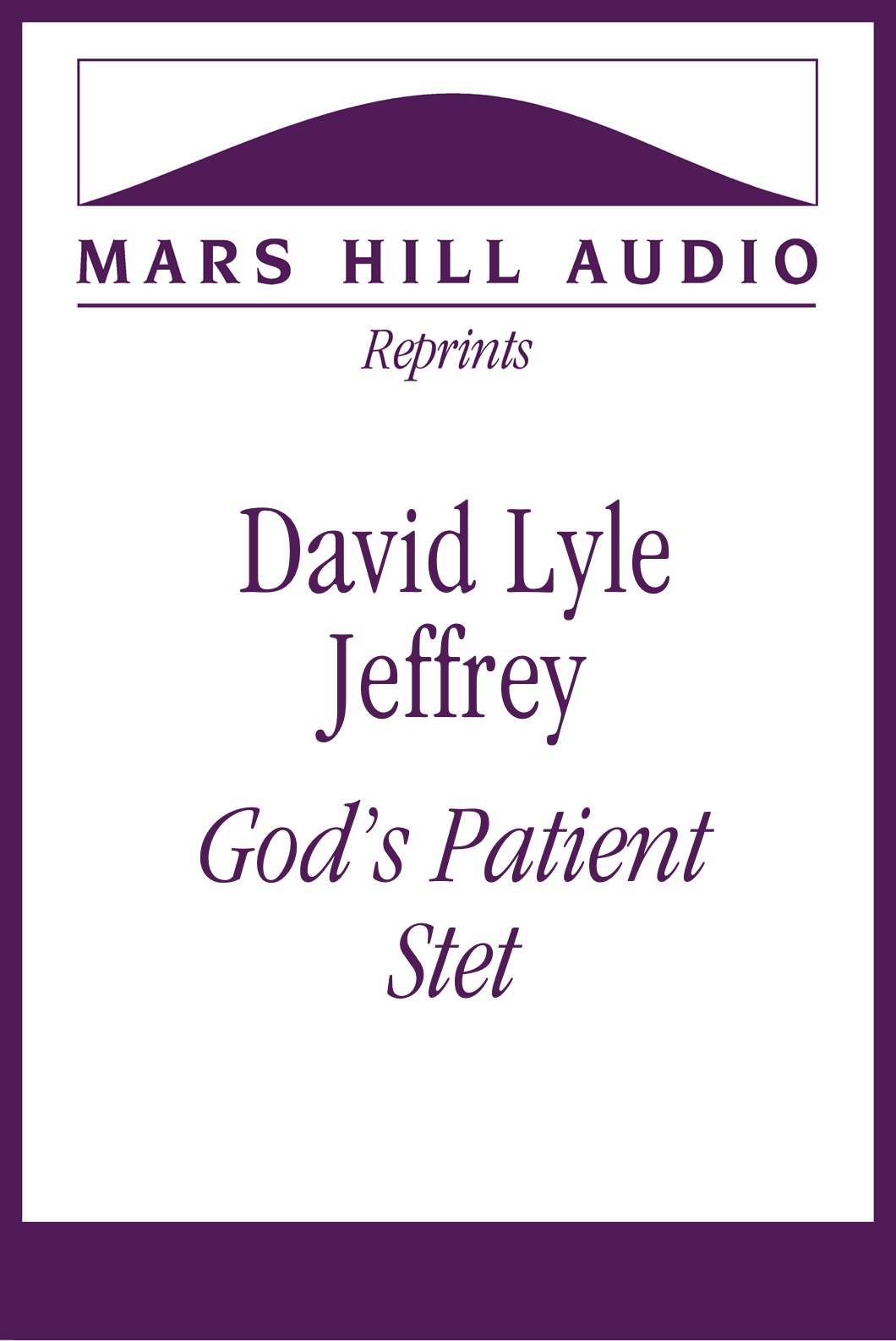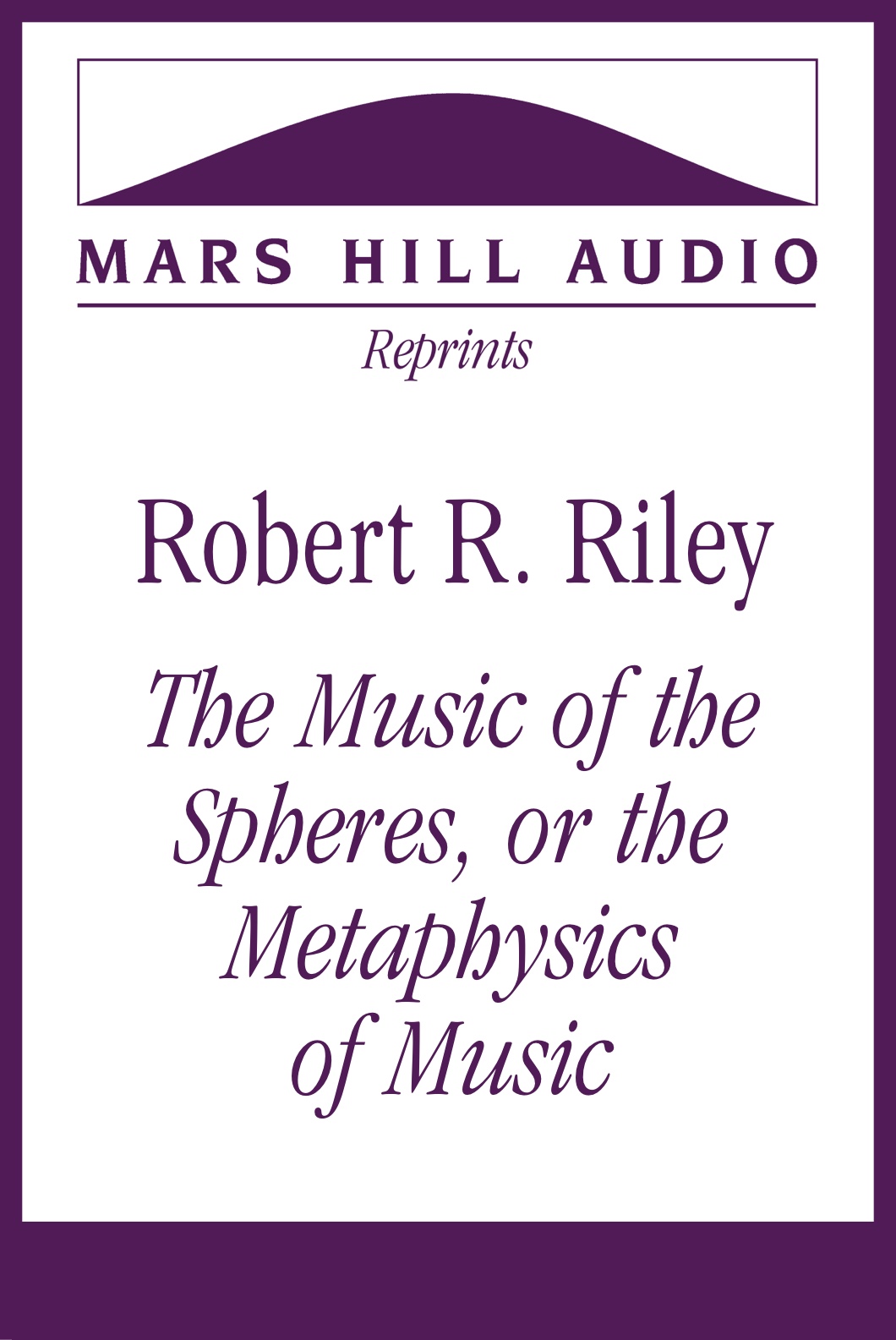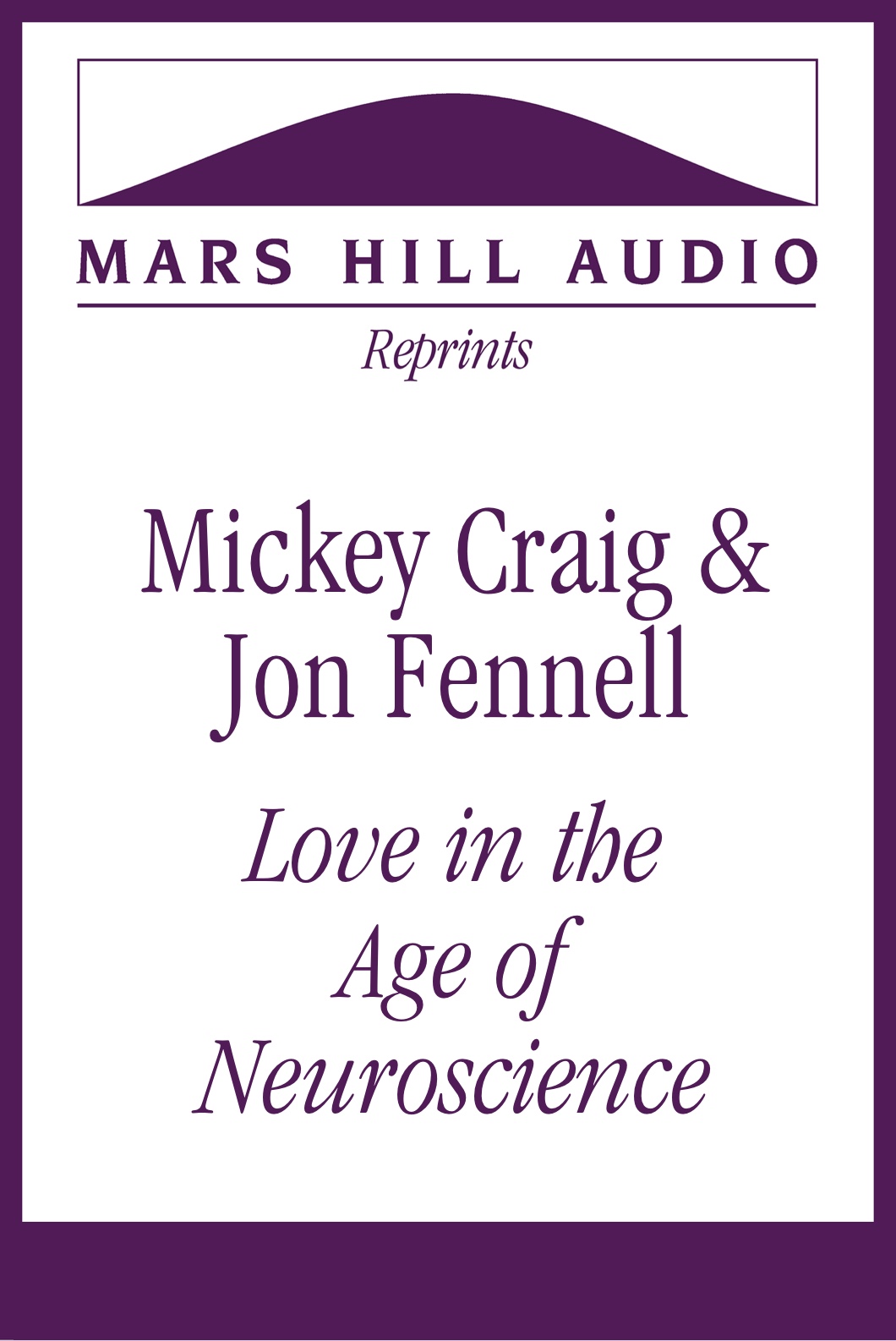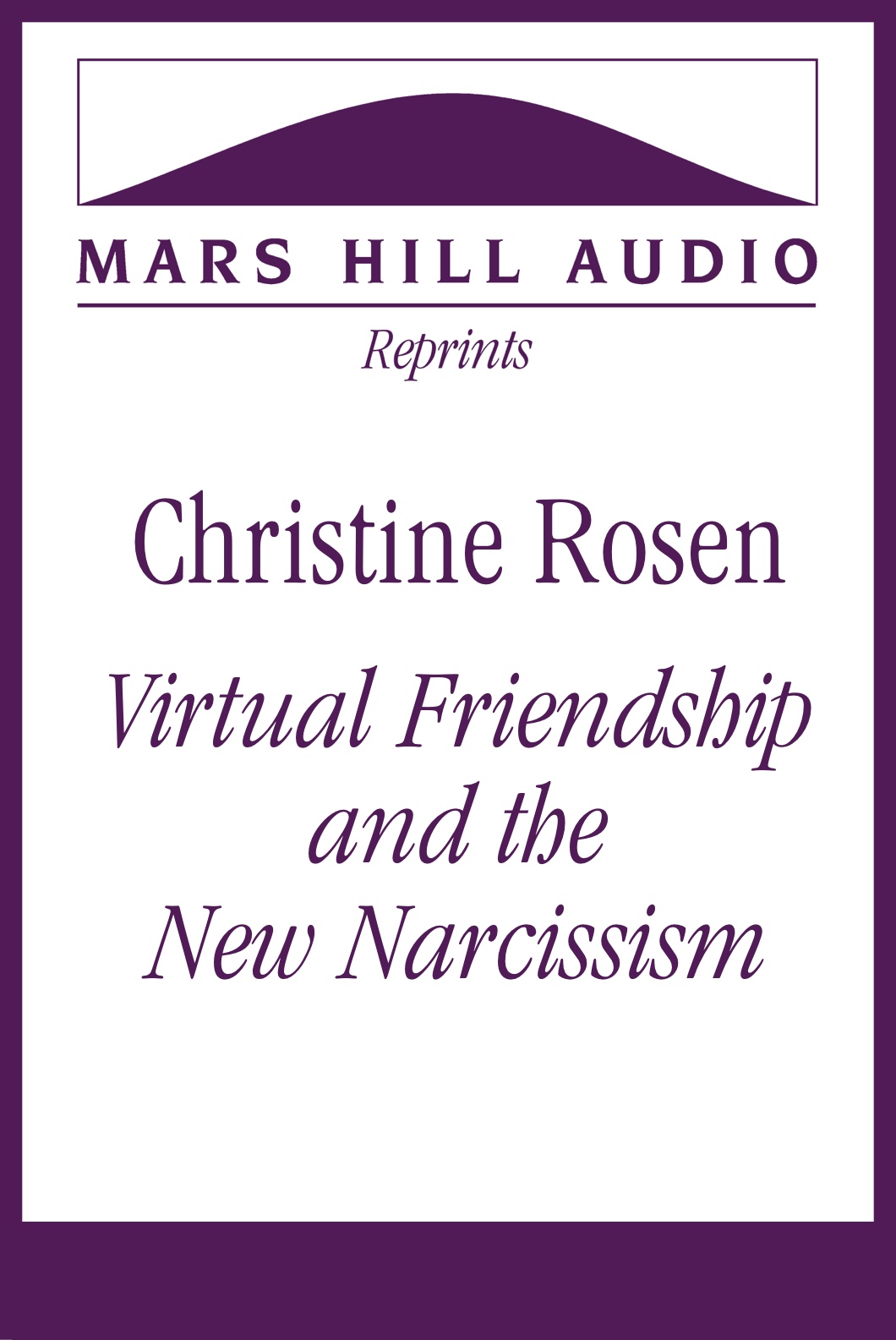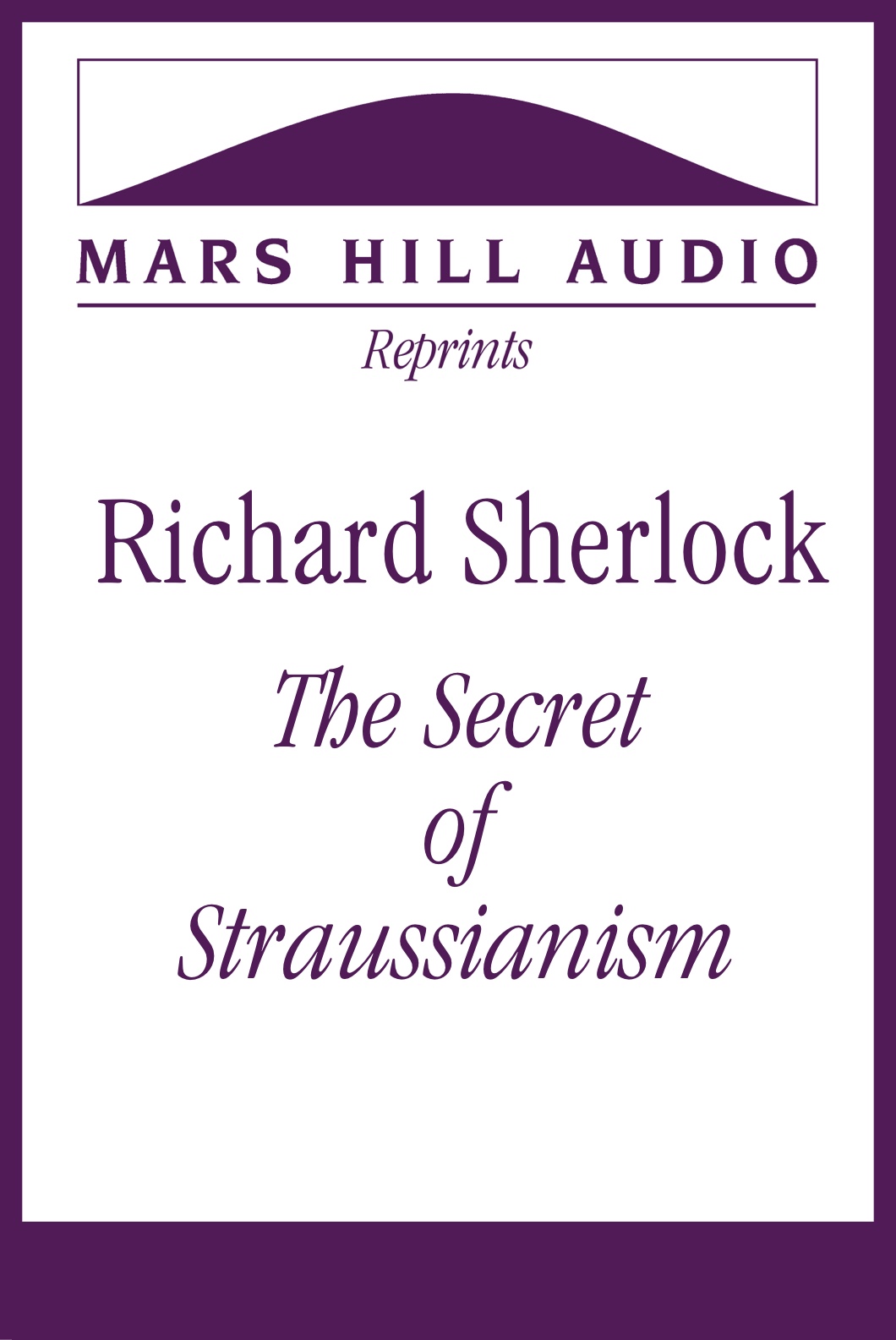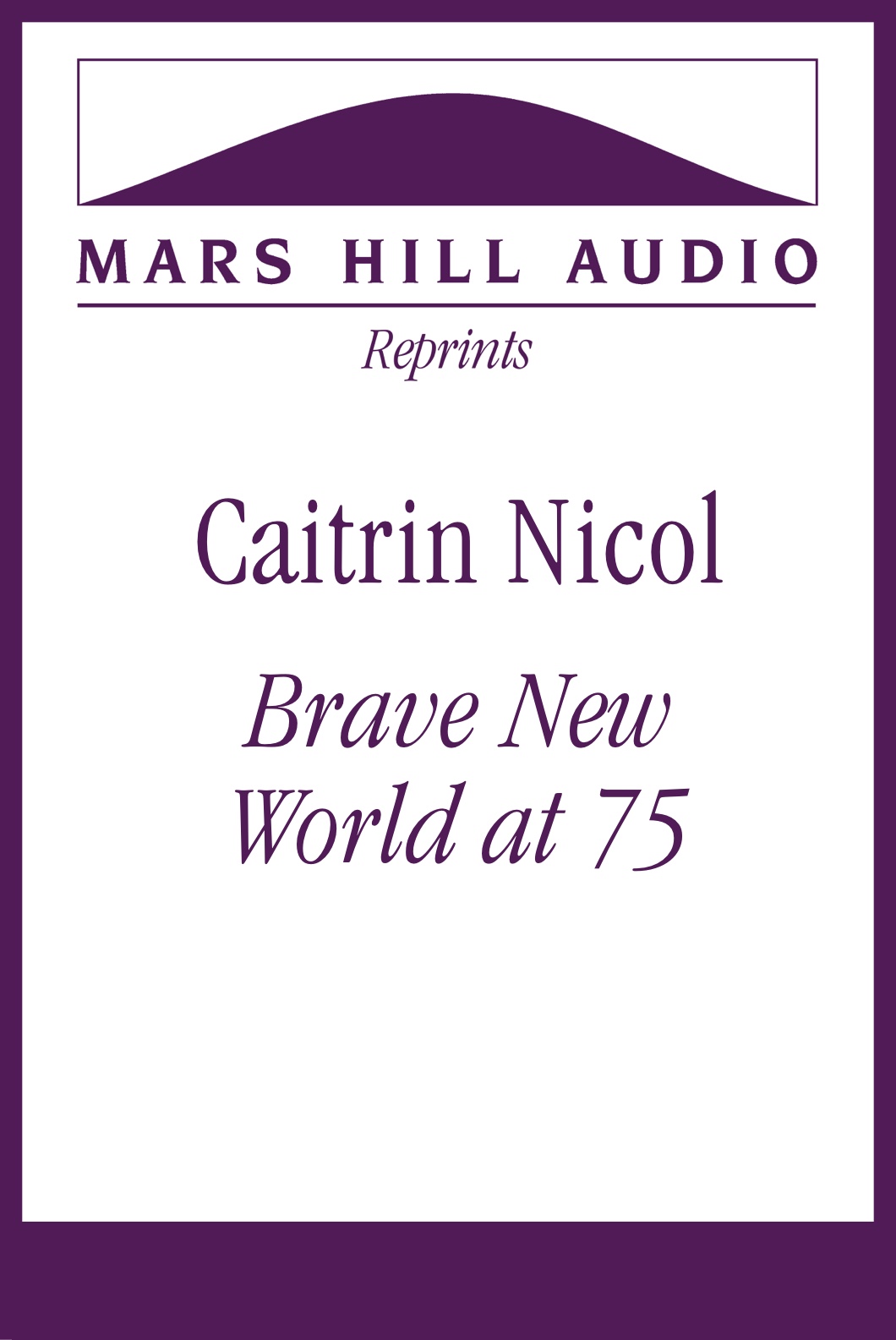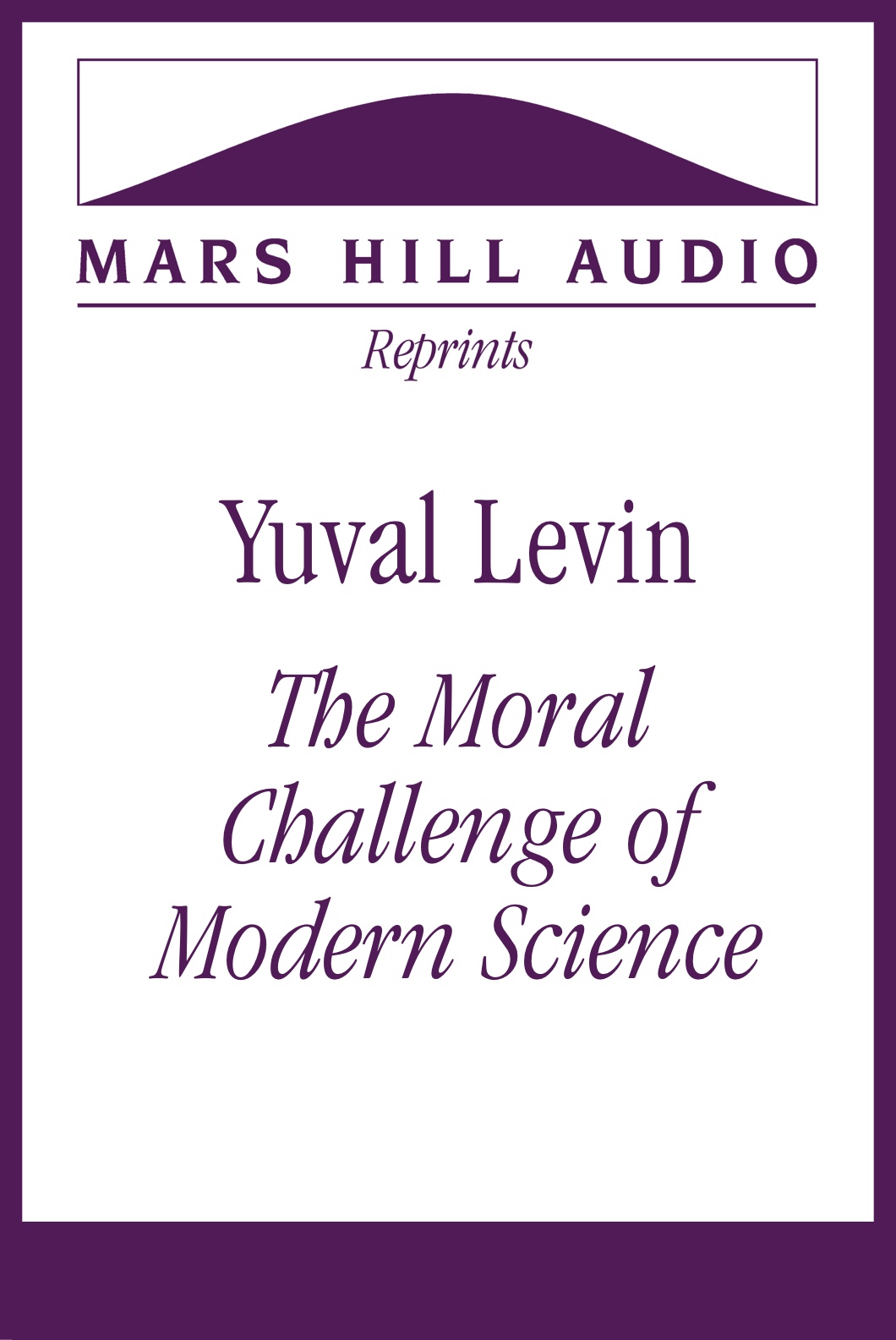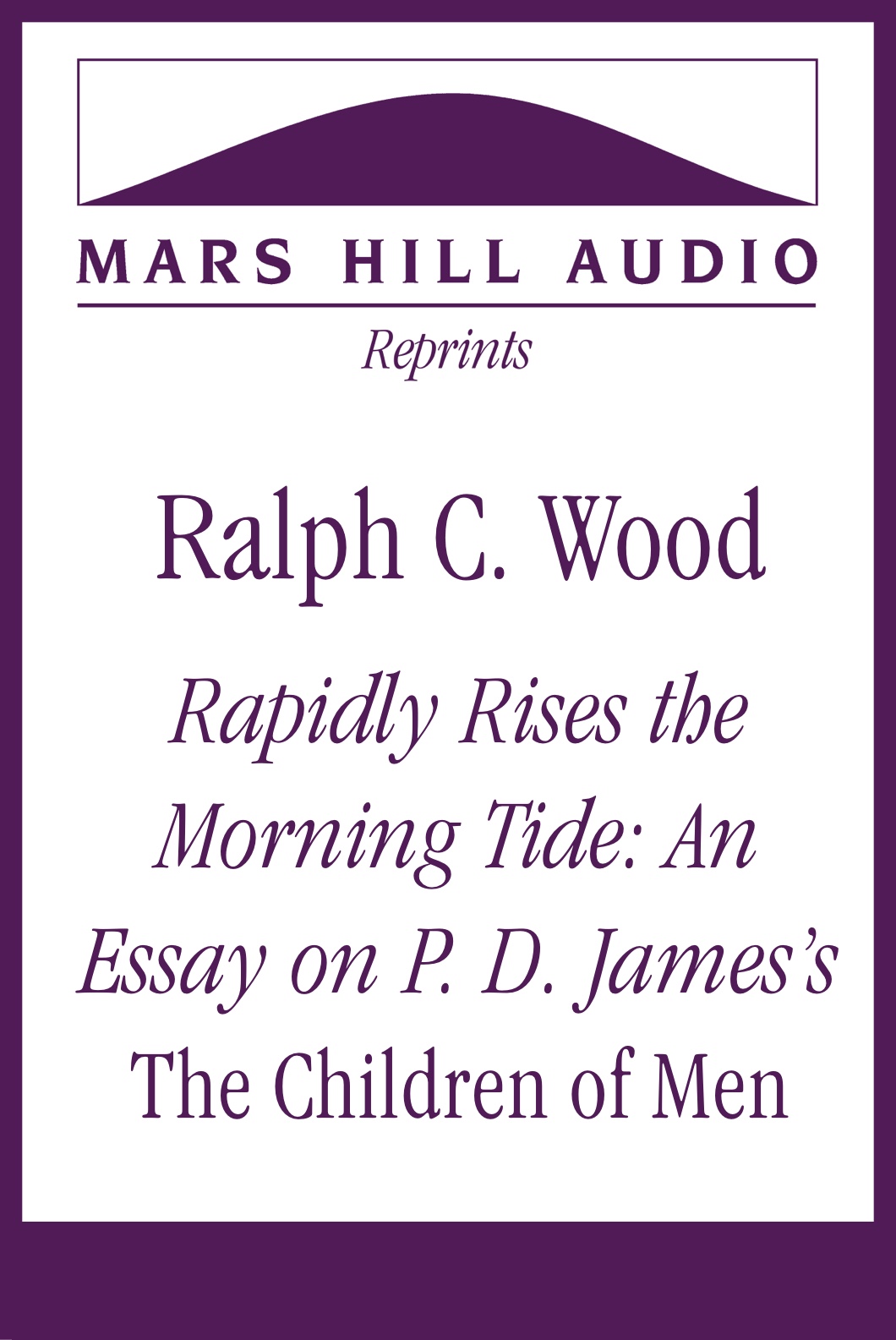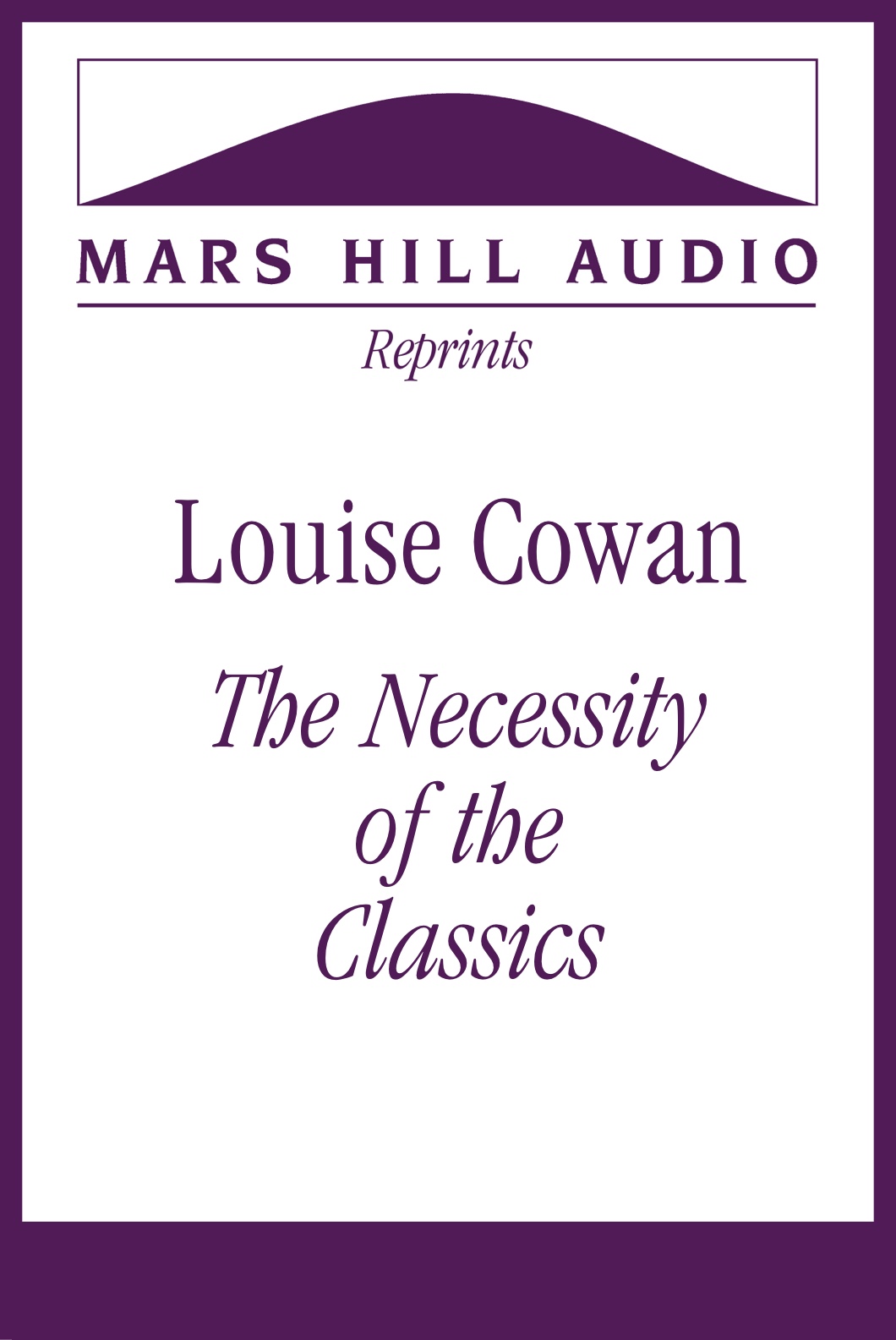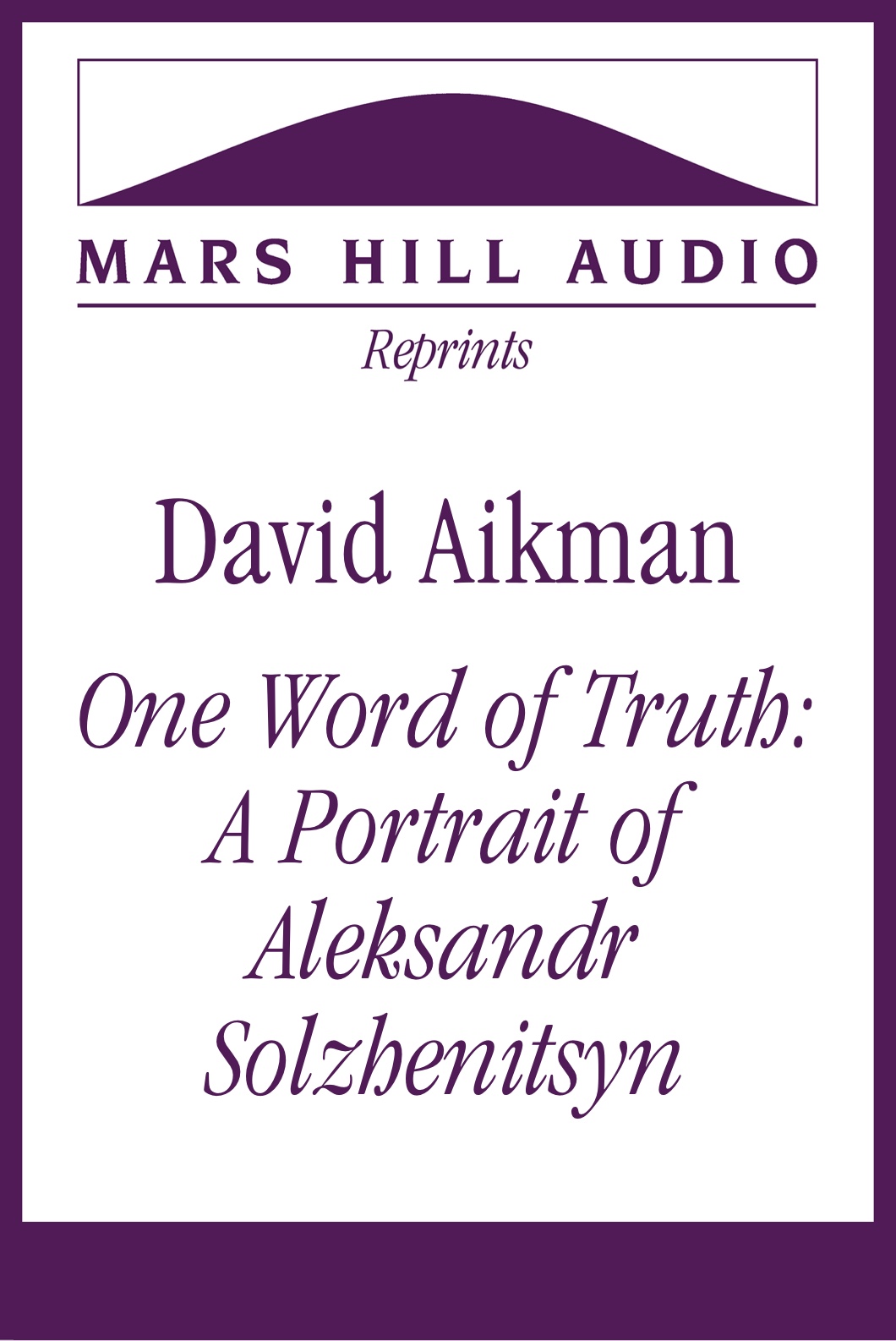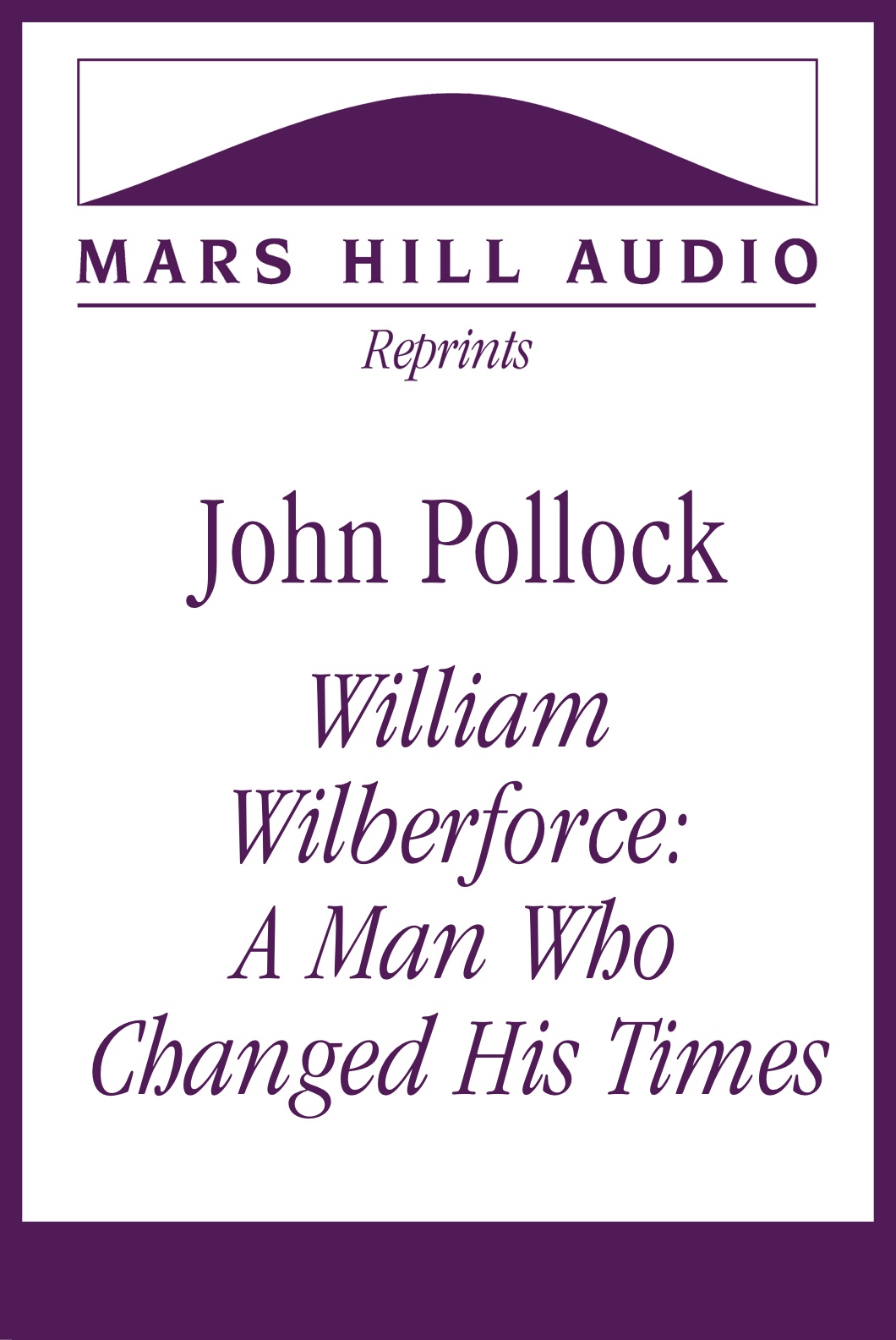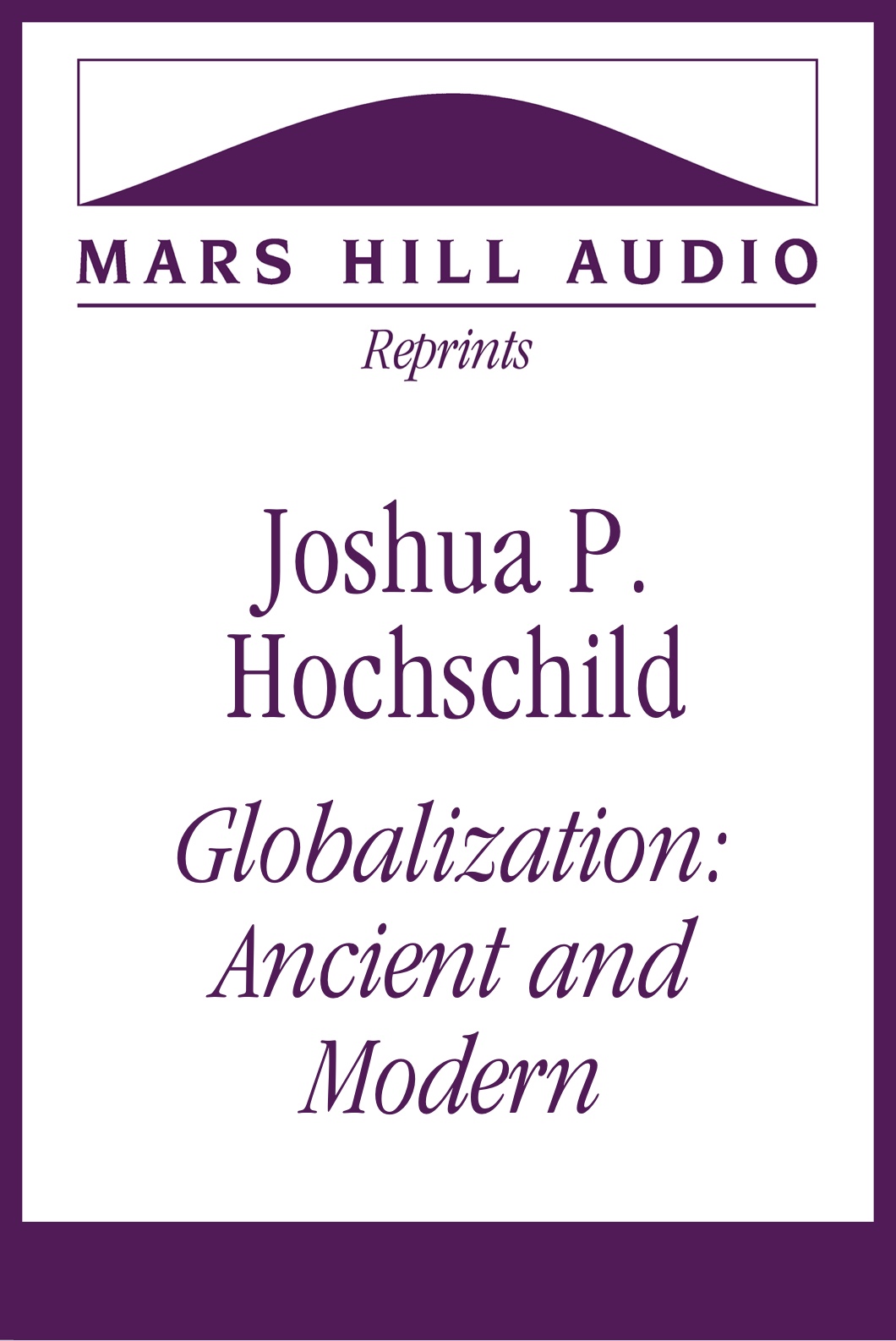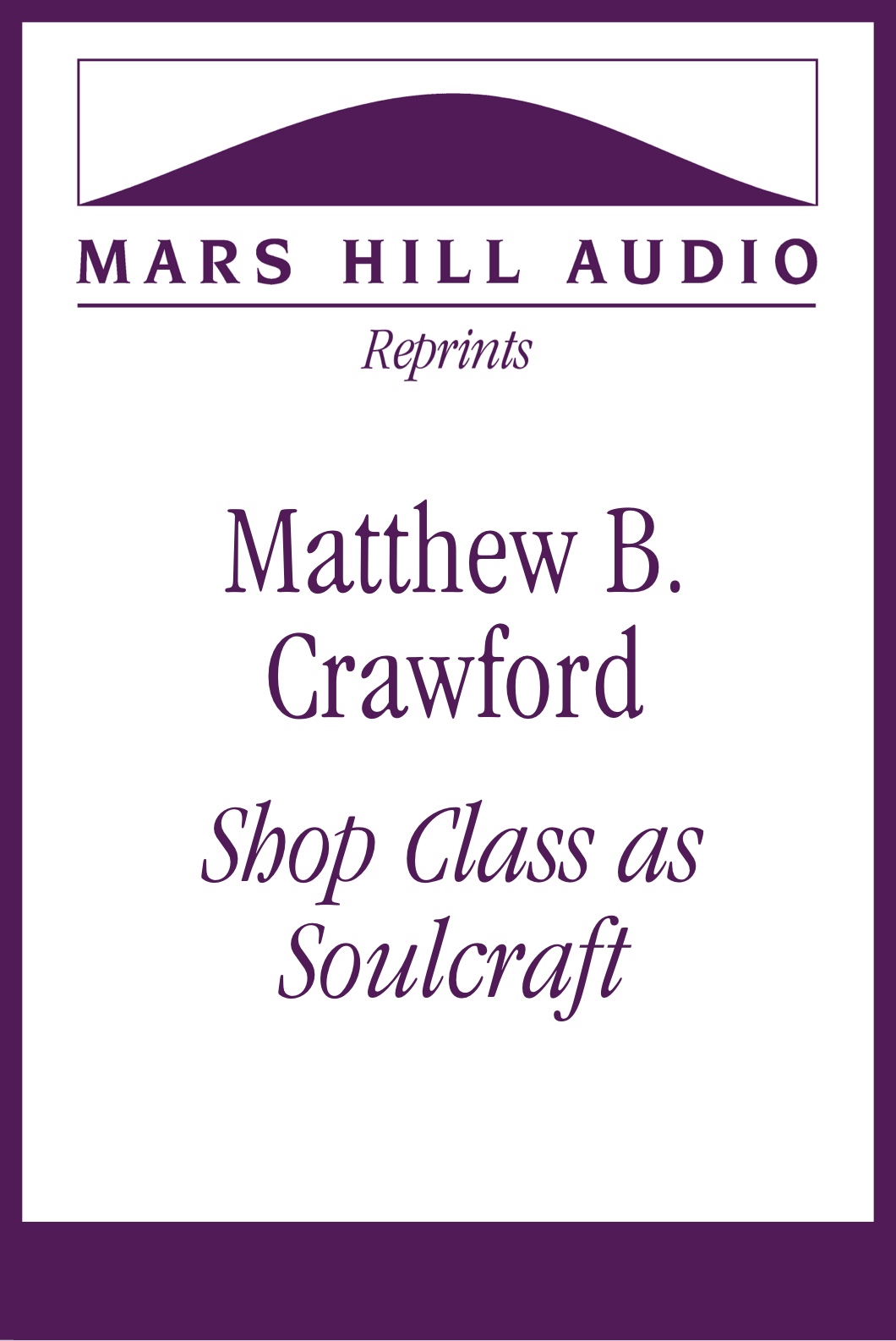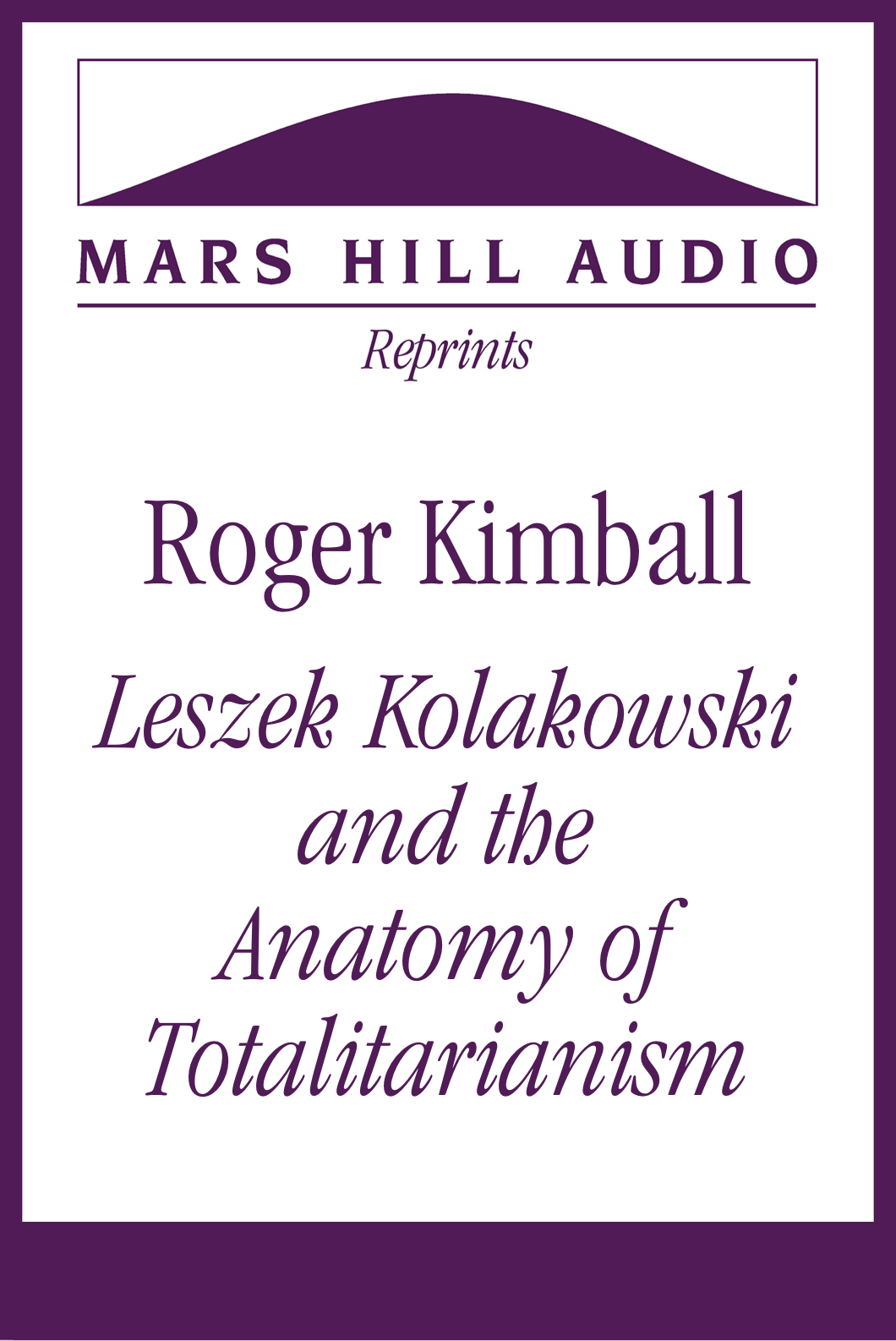Between 2006 and 2020, Mars Hill Audio produced a series of 27 Audio Reprints: aural renditions of distinctive articles and essays from magazines, journals, pamphlets, and websites on subjects of cultural significance. These were offered for sale for $2, and listeners who purchased them still have access to the audio via browser or app. Though no longer available for sale, a number of them are provided to members, courtesy of publishers who have become Partners.
Stephen Gurney: “John Henry Newman: The Poetics of Devotion”
Stephen Gurney shows how in his sermons, John Henry Newman draws the listener in through the craft and beauty of his prose while nonetheless removing himself from the spotlight in order to convey his listeners to the True Presence of Christ. (51 minutes)
Thomas Howard: “The ‘Moral Mythology’ of C. S. Lewis”
Thomas Howard describes C. S. Lewis’s fictional works in terms of a mythological re-presentation of the Christian and pre-modern moral and cosmic vision. (41 minutes)
James Matthew Wilson: “T. S. Eliot: Culture and Anarchy”
James Matthew Wilson examines T. S. Eliot’s cultural conservatism and religious conversion in light of his intellectual and familial influences. (79 minutes)
Gilbert Meilaender: “The First of Institutions”
Gilbert Meilaender argues that notions of sexual fulfillment that ground themselves in self-expression and emotional satisfaction, or in the mutual exchange of love cannot adequately account for the historical, spiritual, communal, and bodily dimensions of sexual union. (40 minutes)
Mark Shiffman: “Humanity 4.5”
While it is tempting to dismiss transhumanism as a fringe science fiction, Mark Shiffman warns that the Cartesian aspirations of transhumanists are becoming more accepted and more common. (45 minutes)
Gilbert Meilaender: “Mortality: The Measure of Our Days”
Ethicist Gilbert Meilaender considers the different ways in which we can think about our death, particularly from the paradoxical “simultaneities” of our finite nature and our transcendent desires. (51 minutes)
Christopher Lasch: “Conservatism against Itself”
In this early article from First Things, historian Christopher Lasch poses the question of whether cultural conservatism is compatible with capitalism. (42 minutes)
John F. Desmond: “Walker Percy and Suicide”
John Desmond uses the novels of Walker Percy to critique the increasing trend in today’s medical fields and in secular society as a whole to affirm, even if tacitly, that suicide is a decision belonging to each individual as a right. (24 minutes)
Jeremy Beer: “On Christopher Lasch”
Jeremy Beer describes the intellectual trajectory of cultural historian Christopher Lasch, who critiqued the modern “anxiously narcissistic” self and the culture that produced it. (55 minutes)
Vigen Guroian: “Awakening the Moral Imagination: Teaching Virtues through Fairy Tales”
Vigen Guroian contrasts the features of character and virtue with those of what is more modernly called “values,” and examines how these different approaches to moral consideration reflect conflicting ways of understanding self-formation. (48 minutes)
Robert W. Jenson: “How the World Lost Its Story”
Theologian Robert W. Jenson describes how a postmodern world is characterized by the loss of a conviction that we inhabit a “narratable world” that exists coherently outside of ourselves. (40 minutes)
David Bentley Hart: “A Perfect Game: The Metaphysical Meaning of Baseball”
Theologian David Bentley Hart muses on what is arguably America’s greatest contribution to civilization: baseball. Baseball, as Hart would have it, is the Platonic ideal of sports. (27 minutes)
Roger Kimball: “Josef Pieper: Leisure and Its Discontents”
Roger Kimball introduces listeners to Josef Pieper’s arguments about the nature of leisure, which are claims about the nature of philosophy and of human well-being. (34 minutes)
David Lyle Jeffrey: “God’s Patient Stet”
David Lyle Jeffrey observes the sense of consistency in poet Richard Wilbur’s work which emerges from his poetic craftsmanship and his awe of and affection for both Nature and human nature. (25 minutes)
Robert R. Riley: “The Music of the Spheres, or the Metaphysics of Music”
Robert R. Riley contrasts two sets of assumptions about music, and introduces two 20th-century composers who rejected the metaphysics of chaos in their compositions: the Danish composer Vagn Holmboe and the American John Adams. (43 minutes)
Mickey Craig & Jon Fennell: “Love in the Age of Neuroscience”
Mickey Craig and Jon Fennell argue that sexual confusion is a symptom of a larger crisis prominently explored in Tom Wolfe’s novel, I Am Charlotte Simmons. (38 minutes)
Christine Rosen: “Virtual Friendship and the New Narcissism”
Christine Rosen examines how social networking is changing the shape of relationships for millions of Americans, and affecting our understanding and experience of friendship. (50 minutes)
Richard Sherlock: “The Secret of Straussianism”
Richard Sherlock explores the significance of political philosopher Leo Strauss’s methodology, focusing on how he understood the communication of ideas in classical and modern thought about political order. (36 minutes)
Caitrin Nicol: “Brave New World at 75”
Caitrin Nicol combines a survey of contemporary review of Brave New World with thoughtful reflections on happiness and freedom. (43 minutes)
Yuval Levin: “The Moral Challenge of Modern Science”
Yuval Levin calls for a more deliberate awareness of how science shapes how we ask and answer moral questions together. (44 minutes)
Ralph C. Wood: “Rapidly Rises the Morning Tide: An Essay on P. D. James’s The Children of Men”
Ralph C. Wood discusses the way in which the futuristic dystopia of P. D. James‘s novel, The Children of Men, reveals much about the West’s modern spiritual confusion and about the possible sources of hope beyond that chaos. (39 minutes)
Louise Cowan: “The Necessity of the Classics”
Louise Cowan insists that what we label the classics “have become classics because they elicit greatness of soul,” and that such aspiration can only be informed by such works. (35 minutes)
David Aikman: “One Word of Truth: A Portrait of Aleksandr Solzhenitsyn”
In this essay, David Aikman offers an engaging and lively account of the dramatic and sobering events of Aleksandr Solzhenitsyn’s life. (107 minutes)
John Pollock: “William Wilberforce: A Man Who Changed His Times”
John Pollock’s biographical account of William Wilberforce recounts the parliamentarian’s indefatigable fight to abolish the Slave Trade in the British empire. (50 minutes)
Joshua P. Hochschild: “Globalization: Ancient and Modern”
Joshua P. Hochschild examines the effects of globalization on local communities and argues for the need for reflection on the ends of politics given the ends of human beings. (36 minutes)
Matthew B. Crawford: “Shop Class as Soulcraft”
Matthew B. Crawford makes the case for the manual trades as an expression of human flourishing. (55 minutes)
Roger Kimball: “Leszek Kolakowski and the Anatomy of Totalitarianism”
Roger Kimball summarizes the diagnosis of modernity’s ailments offered by philosopher Leszek Kolakowski. (35 minutes)
